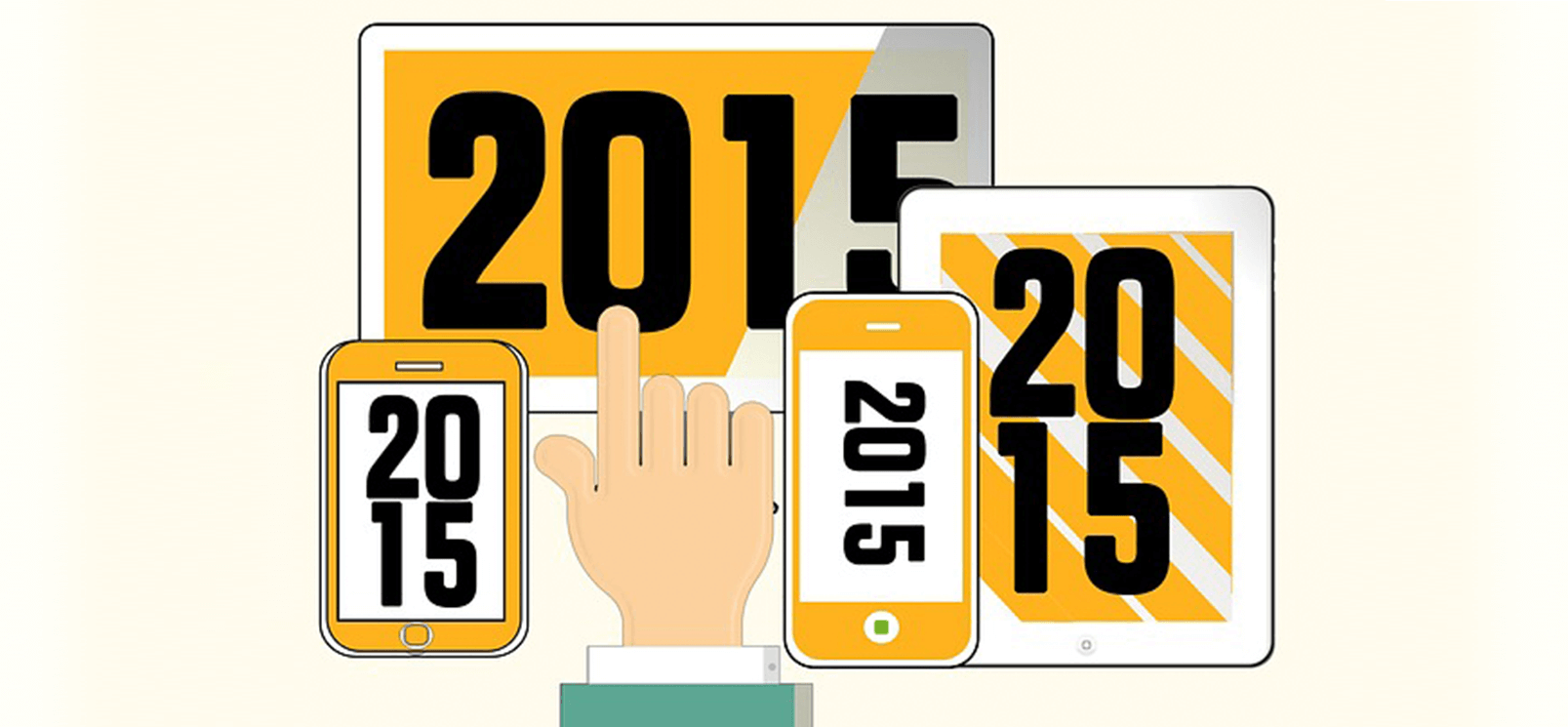The ever-evolving landscape of mobile is continuing to show itself as a major force in the future of the marketing industry. It is estimated that Americans spend an average of 2.5 hours per day on their mobile devices. As far as the total time spent on digital media is concerned, approximately 60 percent of that time is mobile usage.
According to a Google™ survey, 48 percent of mobile users said that they felt companies don’t care about having their business if the company’s site isn’t responsive, or mobile-friendly. We are living in an age where digital users are taking advantage of multiple screens with mobile, tablets and laptops and/or desktops. If the estimated 60 percent that are spending their total digital time in mobile usage are considered, then companies will need to reevaluate their Web and social marketing plans to make sure they’re adapting to the current mobile trends.
In reality, your mobile Web site should be even better than the desktop version, considering that consumers are spending the majority of their time there, and tend to be more likely to make purchases via mobile devices. A simple, flat, clean and crisp design is starting to become the preferred layout for desktop Web sites, partly because this type of design transitions well on mobile. Because of this, designer and developer professionals are expecting “infinite scrolling” to become more universal on desktop and mobile Web sites, as it helps decrease site loading times due to content growing piece by piece when continuing to scroll through the page.
Given current trends, mobile optimization is not only expected to continue its rise throughout 2015, but also is on its way to complete and total domination.
It is important to note that the usage of mobile apps is taking off. The mobile app business is predicted to reach $70 billion revenue by the year 2017, and most of this revenue (approximately 90 percent) is due to in-app purchases made within free apps.
For example, in today’s pop culture, socialite Kim Kardashian developed her own free app that has generated an estimated $200 million according to Forbes. How did she make THAT much money from an app that is free to download? Well, it’s all because of in-app purchases.
Brands and companies should begin to ponder mobile applications and the possible ROI benefit from offering in-app purchasing within these applications. While PR and marketing directors may be hesitant to tread on mobile app territory due to time and budget concerns, the mobile app world is definitely an idea that they should be exploring.
It’s also important for marketers to begin researching “wearables.” After the invention of Google Glass and Apple Watch, mobile technology has started to evolve in that direction. Apple Pay is also noteworthy, because this will likely help continue to increase purchases on mobile and tablet devices.
If you feel like your brand or company’s Web site or social outlets aren’t translating well on mobile, it is time to change! If necessary, reassess your marketing plan for 2015 to make sure that your digital presence is benefitting from mobile usage in the best possible way.
